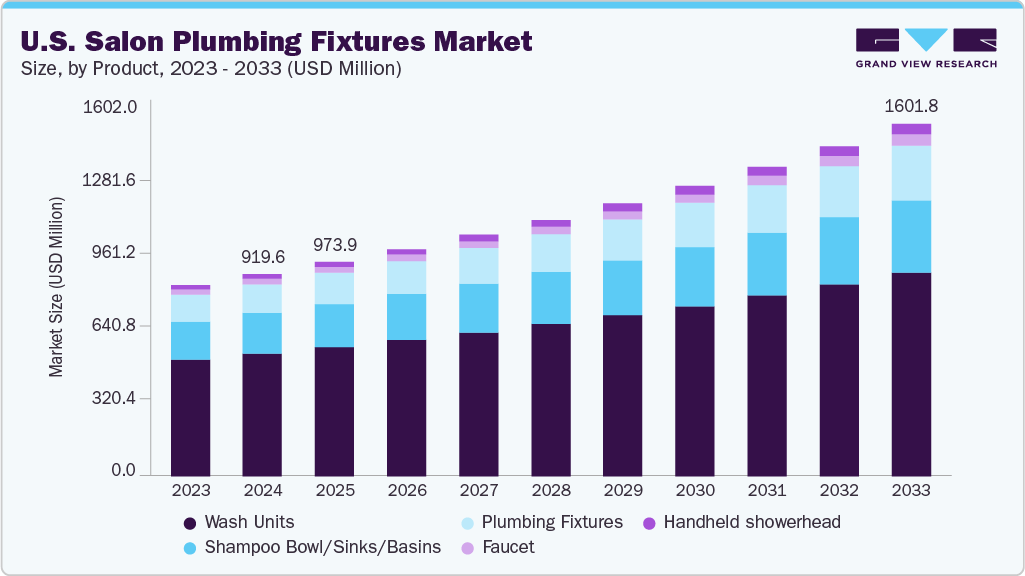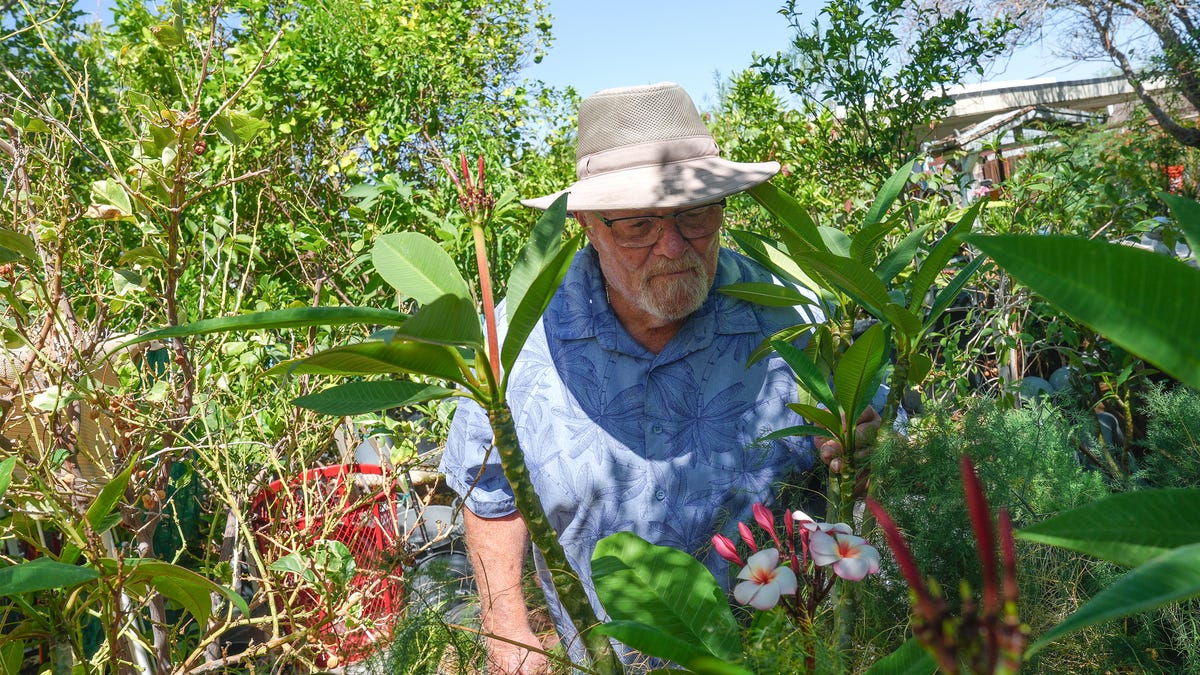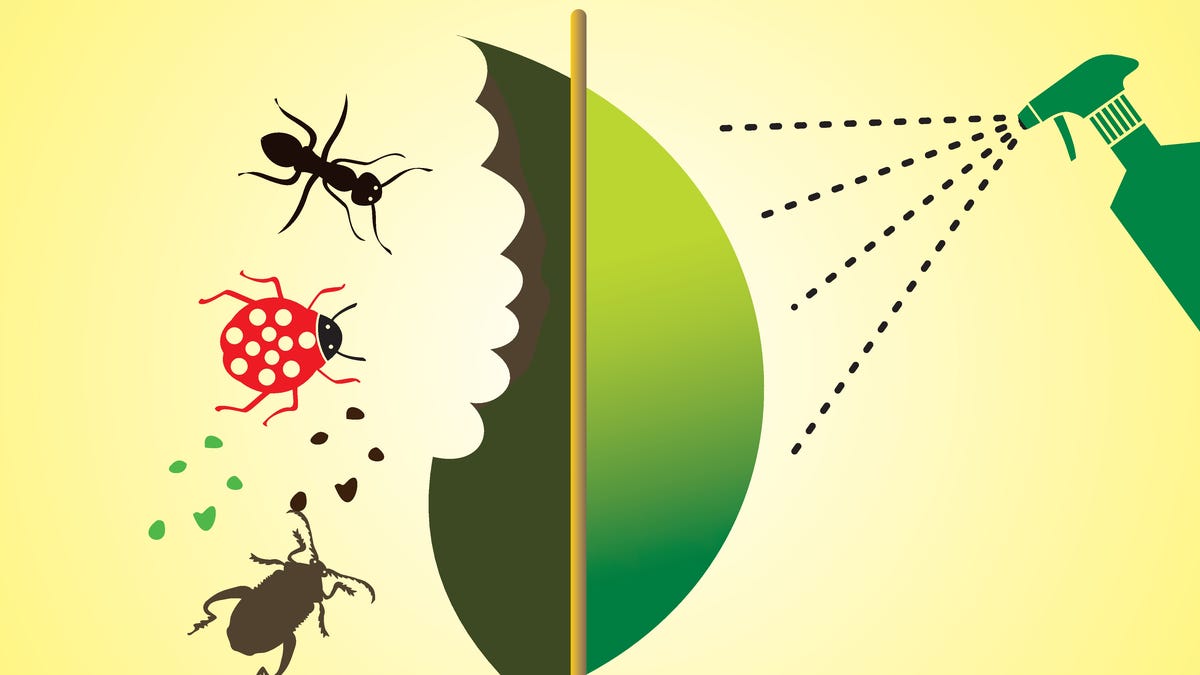Plant more natives, grow something new and keep a gardening journal are a few of the tips Sonoma County Master Gardeners off for a better gardening year.
Gardening provides several benefits for our physical and mental health including an escape from the stress of daily life, increased physical activity, a connection with nature and the satisfaction of nurturing and growing our own food.
During this final week of the year as you reflect on the past year and pinpoint what you want to achieve during 2025, consider including garden-related resolutions. A few members of our Master Gardeners of Sonoma County team share what they pledge to do in the new year.
Master Gardener John Dennis doesn’t usually make New Year’s resolutions, but the Santa Rosa resident does “make commitments to myself all year regarding the garden.” Gardening commitments John jotted down for 2025 include adding mulch to his garden to conserve moisture and thereby minimize water use, pruning roses in January and planting potatoes by St. Patrick’s Day. “I’ll also browse through seed catalogs as I dream about next summer’s bounty” he says.
The past nearly four years, Master Gardener Ginny Nichols and her husband, Rodolfo Milito, who’s also a Master Gardener, have landscaped their Bodega Bay property with plants suited for their climate and that are unappetizing to gophers. “We’ve had good luck with salvia, rosemary and a lavender cultivar called, ‘Phenomenal.’ They’re evergreen, low-maintenance and the gophers haven’t bothered them,” says Ginny. Planting more lavender on a mounded area in their yard, eliminating weeds and grass by mulching with cardboard and wood chips and installing deer fencing around raised beds are also on Ginny and Rodolfo’s 2025 to-do list.
Whether you make resolutions or not or are a seasoned or beginning gardener, we hope the ideas in this article inspire you to make garden-related resolutions. To increase your success at achieving them: Write your resolutions down, weed out any beyond your available time and consider starting small and gradually expanding as your gardening skills develop.
Grow something new. Try a new plant and remember “Right plant, right place.” Because Sonoma County lies in a Mediterranean climate with cool, wet winters and hot, dry summers, choose plants that grow best in these conditions.
Plant native plants. To support our local fauna and attract beneficial insects, it’s wise to choose California native plants that have a history of thriving here. An added benefit is that native plants are more likely to thrive without the need for excessive watering, fertilizers or pesticides.
Create a wildlife-friendly garden. Plant flowers and plants that attract birds, bees, butterflies and other creatures. Bird feeders, birdhouses and pollinator-friendly flowers contribute to the welcoming environment. Additionally, avoiding harmful pesticides and opting for organic pest control methods protects insects that are essential for pollination.
Nurture your well-being. Whether your garden is a small urban space or a rural landscape, its beauty can lift your spirits and provide solace. Make time to relax in your garden and soak in the sights and sounds around you. Take pictures and videos of your garden and consider creating a garden photo album to enjoy and share with others.
Learn more and get involved. Volunteer at a community garden or join a garden club. Seek advice from experienced gardeners or local gardening groups. Read garden books, blogs and websites. The UC Master Gardener Program of Sonoma County website (sonomamg.ucanr.edu), Facebook page, and YouTube channel features articles, videos and resources on many gardening topics including food gardening, native plants, fire wise landscaping, and soil and composting. The event calendar on the website includes upcoming educational presentations taught by Master Gardeners.
Share your bounty. Share your harvest with neighbors and with nonprofits that accept homegrown vegetables. Give and exchange seeds with other gardeners.
Keep a garden journal. Throughout the year, jot down what you planted, when you planted it, and observations about your garden to learn and improve over time. This is a valuable practice because it captures your gardening journey and offers insights into the evolving story of your garden. If you prefer digital record-keeping, the same information can be recorded in a document on your computer, in a note on your smartphone or in a gardening app.
Reduce your environmental footprint. Commit to practices such as composting, mulching, and using organic fertilizers. Reduce water waste by growing low-water plants, and investing in drip irrigation systems and rain barrels.
Dedicate time to maintenance. Gardening requires ongoing care. By dedicating time to activities such as watering, weeding, fertilizing, pruning and mulching, you create a space that continually rewards your efforts with a healthier, lusher garden. Be sure to include garden tools in your maintenance schedule. Tools that are properly cleaned and sharpened, per manufacturer use and care, will perform better and last longer.
Contributors to this week’s column were Lisa Howard and Robert Williams. The UC Master Gardener Program of Sonoma County https://sonomamg.ucanr.edu/ provides environmentally sustainable, science-based horticultural information to Sonoma County home gardeners. Send your gardening questions to [email protected]. You will receive answers to your questions either in this newspaper or from our Information Desk. You can contact the Information Desk directly at 707-565-2608 or [email protected].









